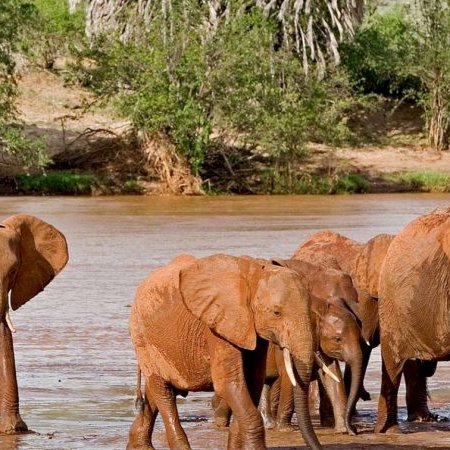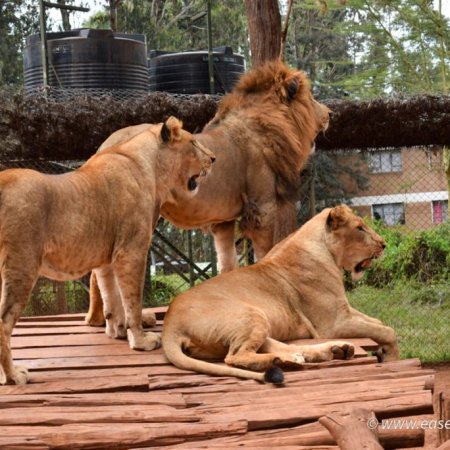Top Eco-Friendly Places to Visit in Kenya
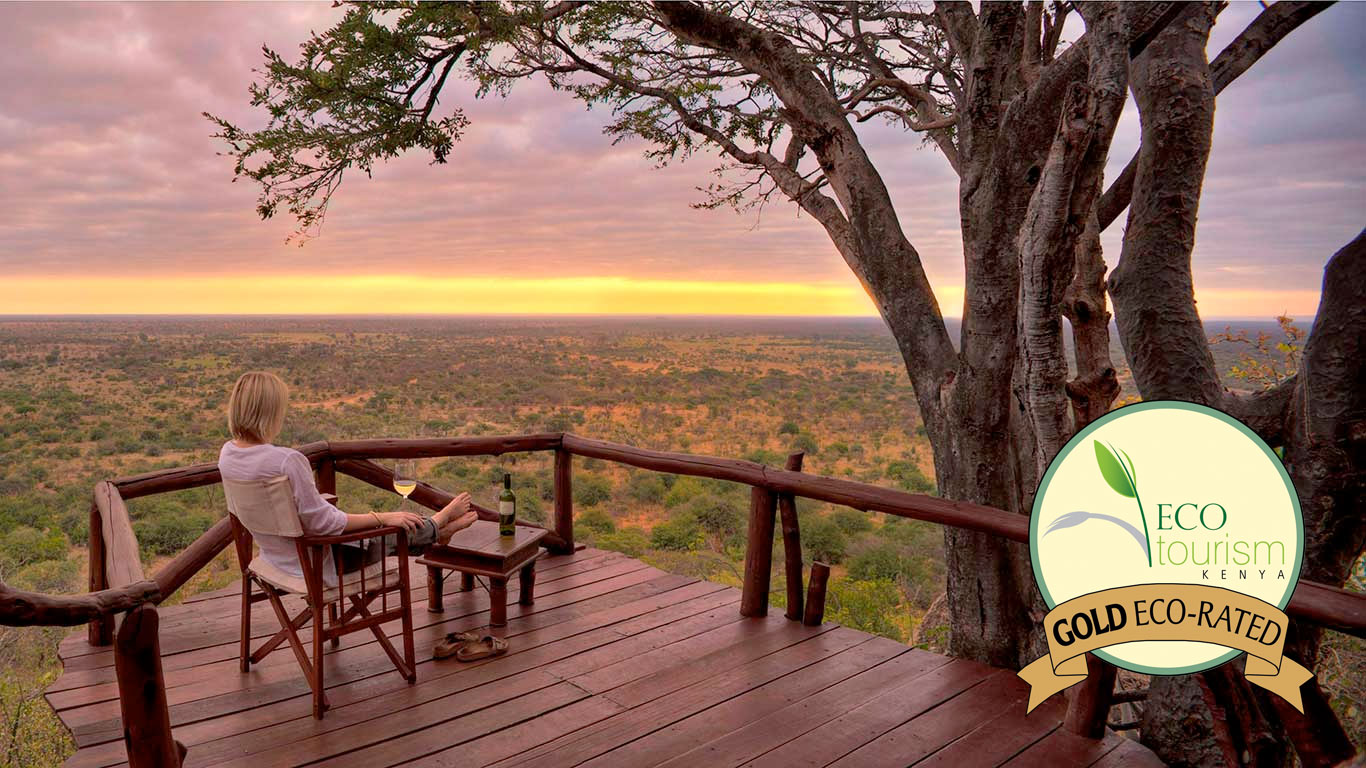
Green Destinations: Top Eco-Friendly Places to Visit in Kenya
Kenya, renowned for its rich biodiversity and stunning landscapes, is also a pioneer in sustainable tourism. From lush forests and pristine beaches to community-driven wildlife sanctuaries, the country offers a plethora of eco-friendly destinations that promise both adventure and conservation. Whether you’re a nature enthusiast, a wildlife lover, or someone seeking a tranquil retreat, Kenya’s green destinations caters to all.
1. Ngare Ndare Forest – A Hidden Gem in Meru County
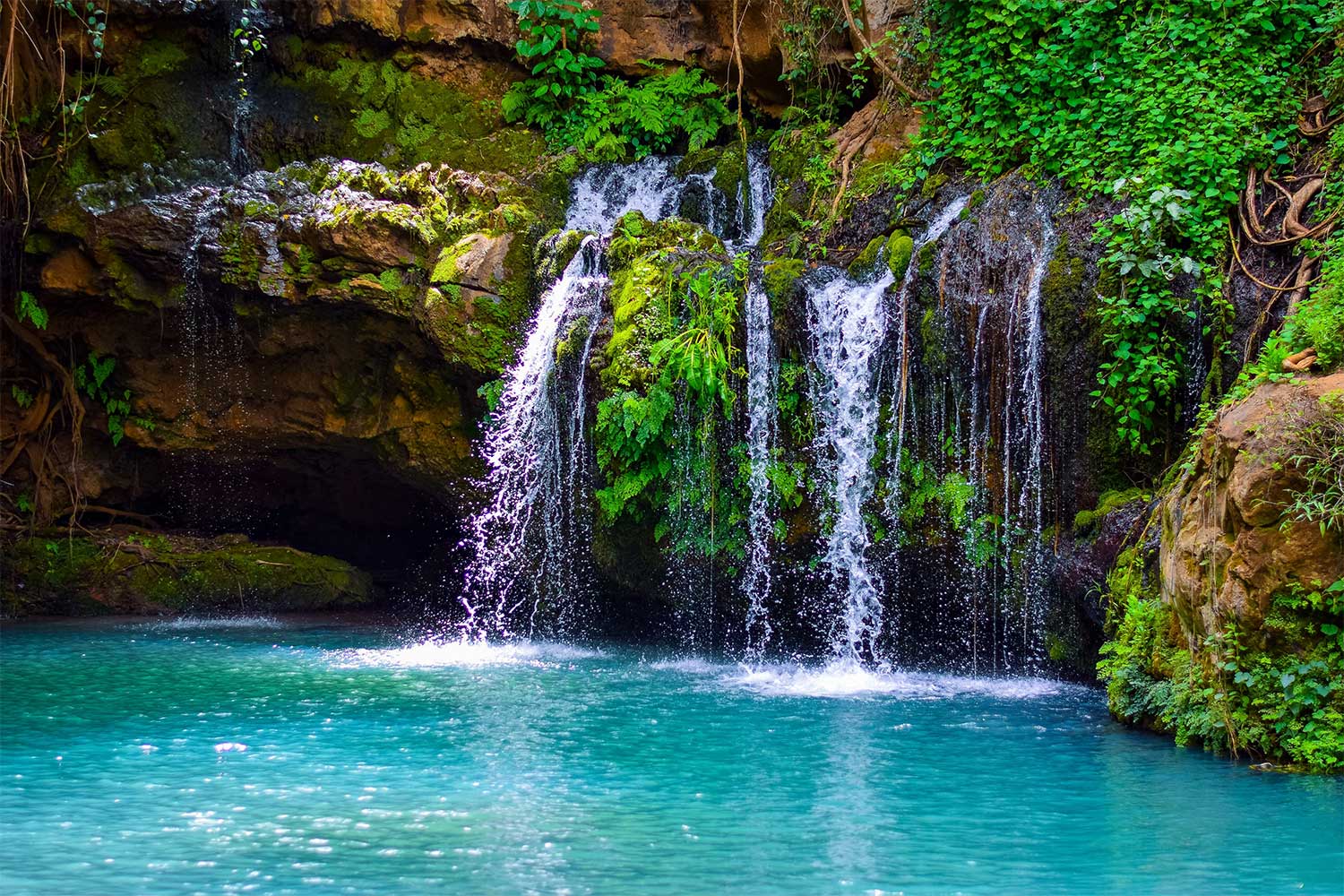
Nestled in the foothills of Mount Kenya, Ngare Ndare Forest is a pristine natural haven. This forest serves as a crucial elephant corridor connecting Lewa Wildlife Conservancy with Mount Kenya Forest Reserve. Visitors can explore the forest’s beauty by swimming in natural pools fed by waterfalls or walking across the 450-meter canopy bridge (the longest in East Africa). The forest is home to diverse wildlife, including colobus monkeys and over 200 bird species, making it a paradise for eco-tourists.
2. Watamu Marine National Park – Kenya’s Underwater Wonderland
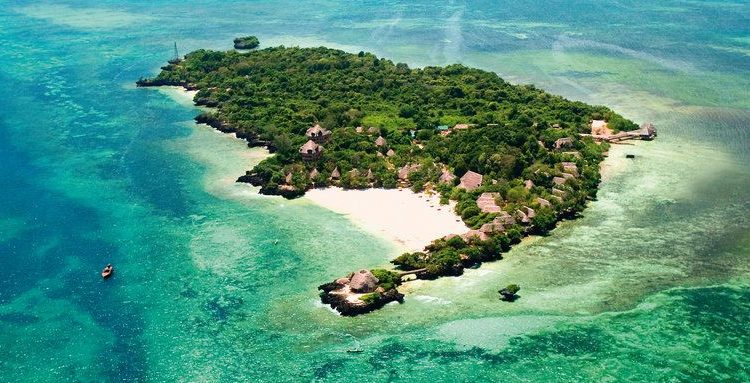
Located along the Kenyan coast, Watamu Marine National Park is a sanctuary for marine life. Established in 1968, it’s one of Kenya’s first marine parks, boasting coral gardens teeming with approximately 600 species of fish and 110 species of stony coral. The park’s clear waters and vibrant marine life make it a top destination for snorkeling and diving enthusiasts.
3. Chyulu Hills – Volcanic Vistas and Conservation Efforts
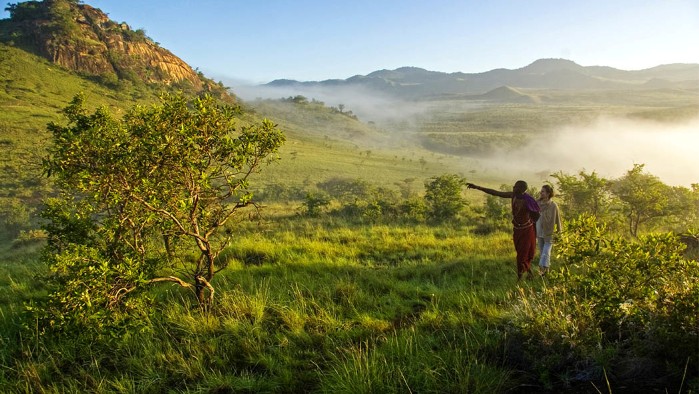
Situated between Amboseli and Tsavo, the Chyulu Hills offer a blend of volcanic landscapes and rich biodiversity. The Maasai Wilderness Conservation Trust has introduced electric vehicles in the region to enhance conservation efforts. Visitors can stay at eco-lodges like ol Donyo Lodge, which operates on a 270,000-acre Maasai-owned land, ensuring minimal environmental impact.
4. LUMO Community Wildlife Sanctuary – Community-Led Conservation
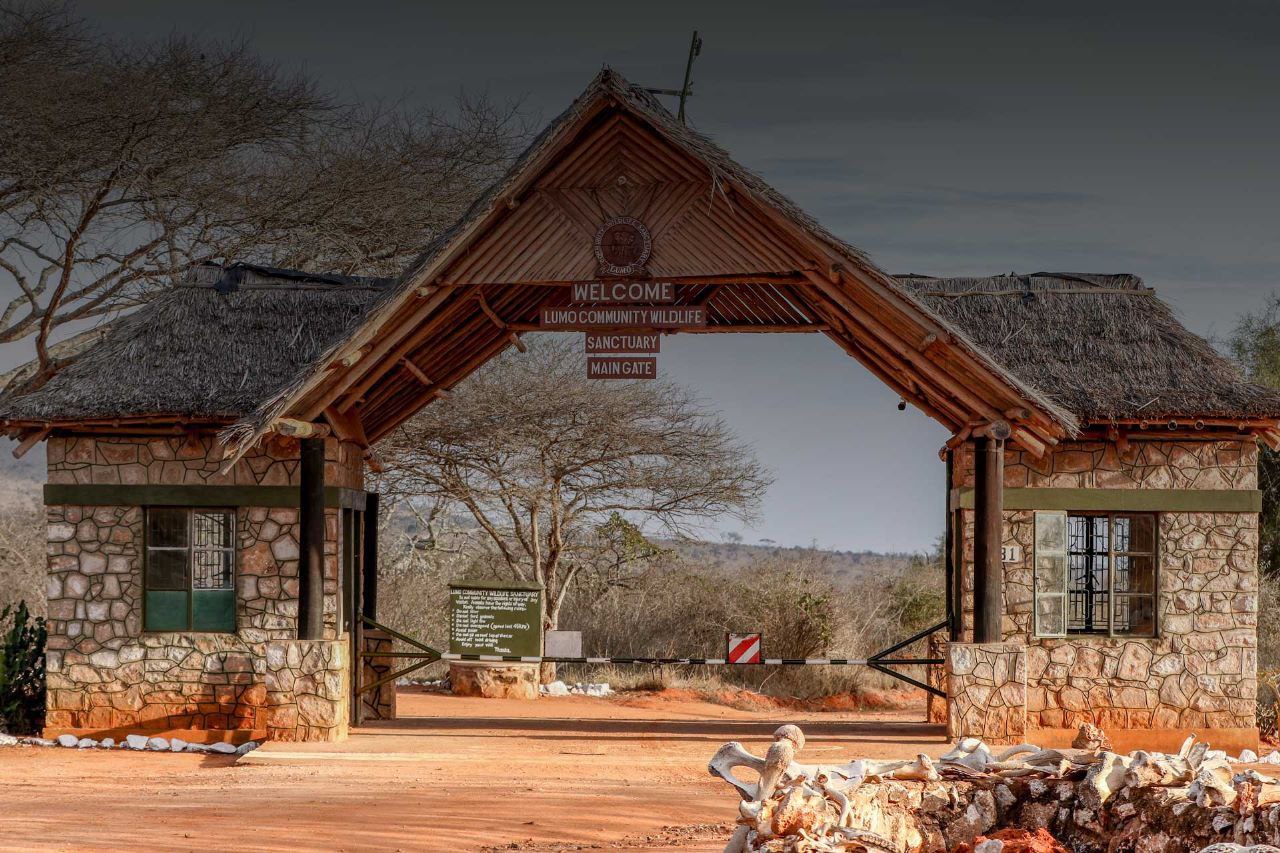
In Taita-Taveta County, the LUMO Community Wildlife Sanctuary spans 48,000 acres and is a testament to community-driven conservation. Adjacent to Tsavo West National Park, the sanctuary offers immersive safari experiences at eco-lodges like Soroi Lions Bluff Lodge and Soroi Cheetah Tented Camp. These establishments not only provide luxury accommodations but also support local communities and conservation initiatives.
5. Funzi Island – A Mangrove Paradise
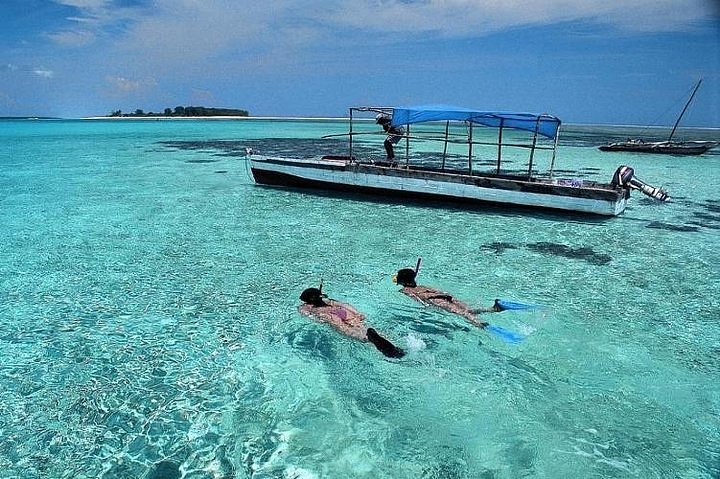
Located in Kwale County, Funzi Island is a serene destination characterized by its mangrove-covered islands. The island is known for being Kenya’s best nesting site for various sea turtles, including the endangered green turtle. With its pristine beaches and low human disturbance, Funzi Island offers an eco-friendly retreat for nature lovers.
6. Ngomongo Villages – Eco-Cultural Tourism in Mombasa
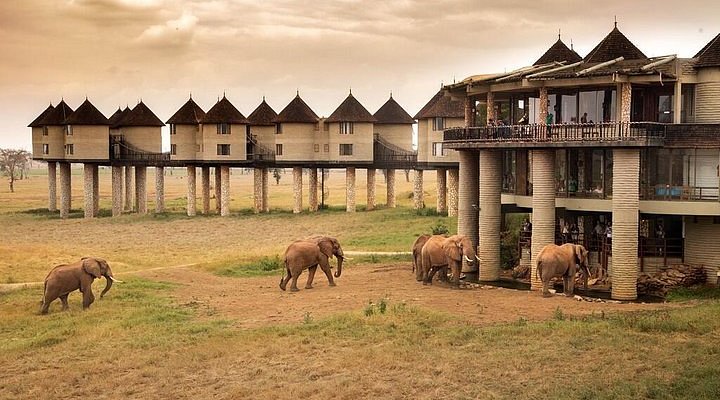
Situated in a former coral limestone quarry, Ngomongo Villages in Mombasa has been transformed into a sustainable eco-cultural tourist village. The reclamation efforts involved planting indigenous trees and rehabilitating the land, turning it into a hospitable environment for both the community and visitors. The village offers a unique blend of cultural experiences and eco-tourism
7. Kisumu Impala Sanctuary – Urban Conservation by Lake Victoria
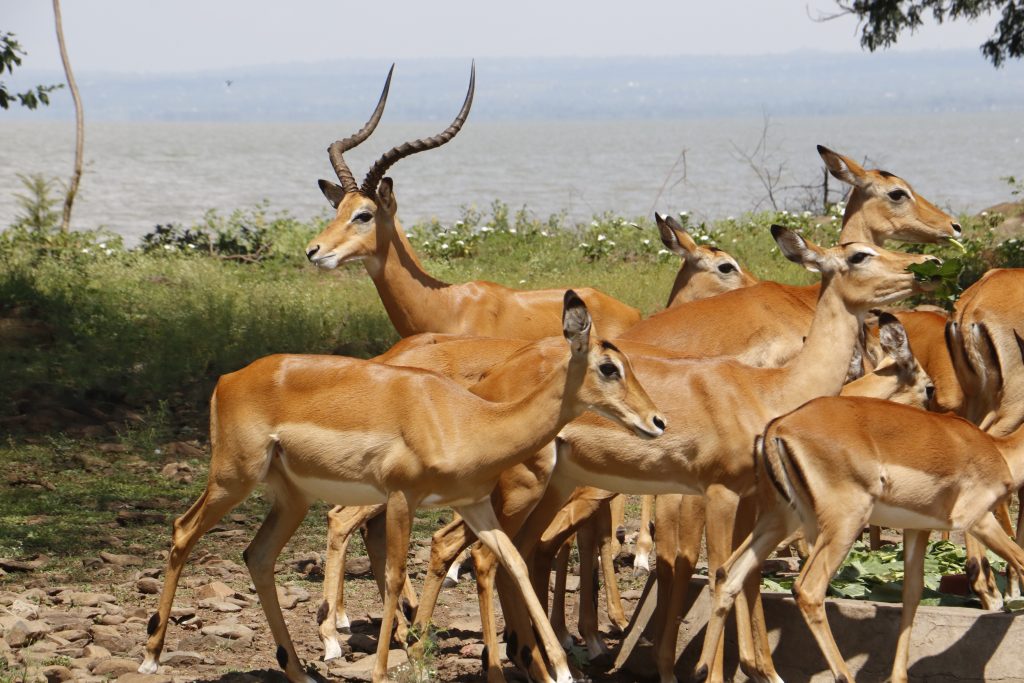
Located within Kisumu city, the Kisumu Impala Sanctuary is a unique urban wildlife sanctuary. Covering less than 1 km², it boasts a diverse range of flora and fauna, including all the Big Five except for elephants. The sanctuary offers nature trails and is an excellent spot for bird watching, with over 115 species recorded.
Why Choose Eco-Friendly Travel in Kenya?
-
Support Conservation Efforts: By visiting eco-friendly destinations, you contribute to the preservation of wildlife and natural habitats.
-
Empower Local Communities: Many eco-tourism initiatives are community-led, ensuring that local populations benefit economically and socially.
-
Sustainable Experiences: Eco-friendly destinations offer authentic experiences that promote environmental awareness and cultural appreciation.
Tips for Sustainable Travel in Kenya
-
Opt for Eco-Lodges: Choose accommodations that implement sustainable practices, such as waste reduction, water conservation, and use of renewable energy.
-
Respect Wildlife: Maintain a safe distance from animals and avoid disturbing their natural habitats.
-
Reduce Plastic Use: Carry reusable water bottles and avoid single-use plastics to minimize waste.
-
Support Local Businesses: Purchase locally made crafts and products to support the community’s economy.
Final Thoughts
Kenya’s commitment to sustainable tourism ensures that travelers can enjoy its natural beauty while contributing to conservation efforts. By choosing eco-friendly destinations, you not only experience the country’s rich biodiversity but also play a part in preserving it for future generations.

